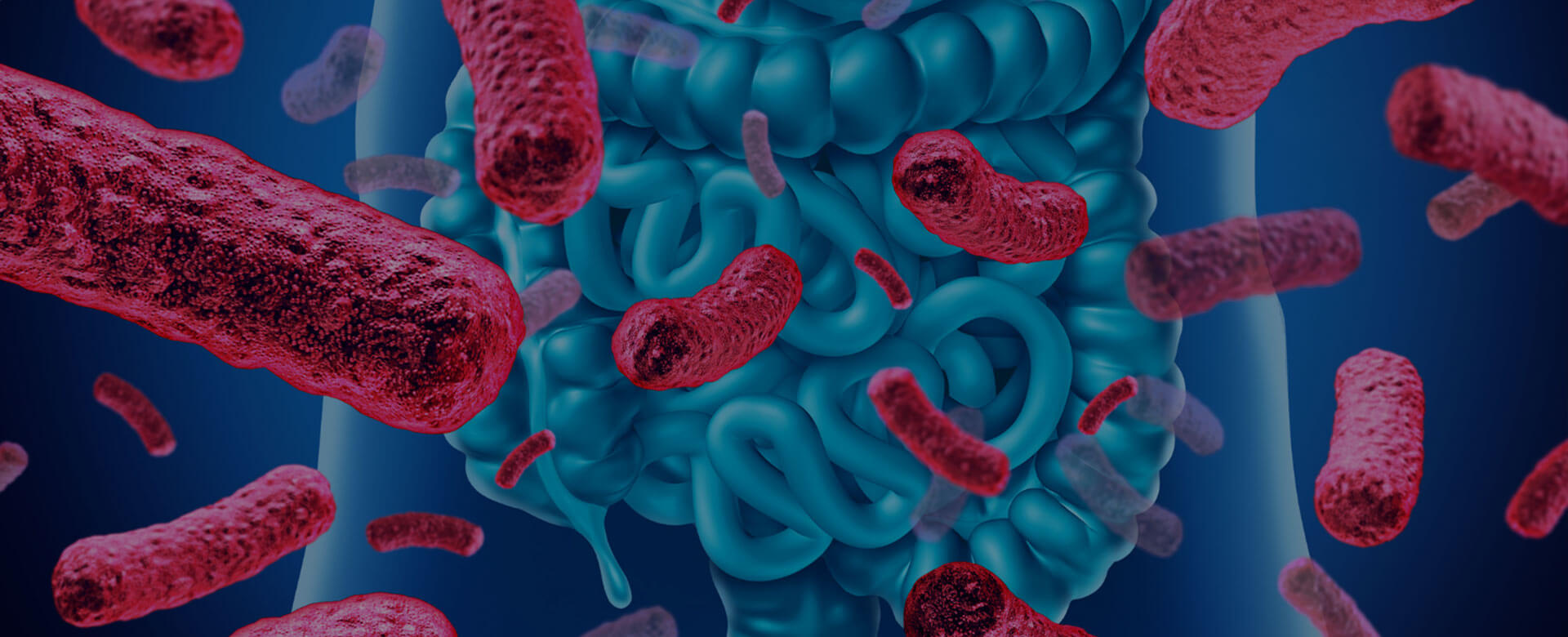In a study published in The International Society for Microbial Ecology Journal, a team led by re-searchers from the Korea Research Institute of Bioscience and Biotechnology (Daejeon, Republic of Korea) found new evidence of the anticancer effects of the microbiome. According to their experiments, propionate, a substance produced by gut bacteria, kills colon cancer cells by accelerating the breakdown of a protein (EHMT2) which is the target of colon cancer treatment.
The gut microbiome in human health
Gut microbiome represents the microbial community living in the human intestine. It plays several essential roles in human health. For instance, it is fundamental for the correct functioning of the immune system at every age, since birth. Moreover, it protects from harmful bacteria limiting their proliferation in the gut, and it participates in food digestion, leading to the production of specific substances. In particular, propionate is a short-chain fatty acid (SCFA) produced by the microbi-ome metabolism. Gut bacteria synthesize it by dietary fiber fermentation, increasing its concen-trations in the colon.
Propionate and cancer
SCFAs promote colonic health by maintaining epithelial cells. Moreover, they affect human gene expression, upregulating molecules that regulate programmed cell death. Via this action, SCFAs act as anticancer inhibitors. In fact, propionate showed anticancer effects in several types of tumors.
This new study unveiled the mechanisms underlying propionate suppression of colorectal cancer growth: it downregulates the activity of EHMT2 (Euchromatic Histone-lysine N-MethylTransferase 2), an enzyme that repress tumor suppressor genes. Also, researchers demonstrated the synergistic effects of propionate and an EHMT2 inhibitor, suggesting the potential role of the microbiome as a coadjuvant in colorectal cancer treatment.
How to counteract colorectal cancer by exploiting microbiome composition
Colorectal cancer is a common tumor. Usually, it is treated with chemotherapy (5-fluorouracil and oxaliplatin) and targeted therapy (cetuximab and bevacizumab). However, new therapies are needed to reduce side effects and increase treatment success. Evidence suggests that the microbiome and its metabolites could help achieve these objectives.
According to the authors, «the results of the present study suggest the importance of the human microbiome in the colon to prevent colon cancer». Also, Korean researchers suggest that SCFAs such as propionate could be used with specific inhibitors of molecules such as EHMT2 to obtain synergistic effects on colon cancer treatment. «A useful microbiome could produce propionate to inhibit colorectal cancer growth, and the good news is that we could simply use dietary fiber in vegetable foods or in dietary supplements to increase propionate production», Giuseppe Mucci, CEO of Bioscience Institute, adds.
Unveiling microbiome composition to counteract cancer
«Nowadays, it is possible to unveil the composition of our microbiome to know if it is characterized by cancer-driver or cancer-preventing features», Mucci explains. «As highlighted by the authors of this study, dietary therapy for colorectal cancer patients is emphasized to help cure the disease. Gut microbiome analysis can help inform our decision on the most useful approach to prevent or combat cancer by identifying those cases in which the intake of the useful microbes to produce propionate or the use of dietary fiber for propionate production could help prevent or treat colorectal cancer».
MICROBALANCE is Bioscience Institute’s tool to analyze gut microbiome. Sampling can be easily performed at home, and the report includes insights on the features of the individual gut flora, and advice on the actions to take to improve microbiome composition. For more information, fill out the MICROBALANCE request form, contact us at info@bioinst.com, or call +971 (0)4 375 722. Our biologist will answer your questions without commitment on your part.
Sources
- Choi Moon-hee. Intestinal Microorganisms Kill Colon Cancer Cells. BusimessKorea. January 11, 2022.
- Ryu TY et al. Human gut-microbiome-derived propionate coordinates proteasomal degradation via HECTD2 upregulation to target EHMT2 in colorectal cancer. ISME J (2022). doi: 10.1038/s41396-021-01119-1


